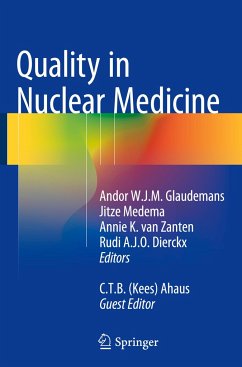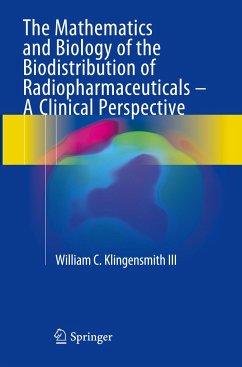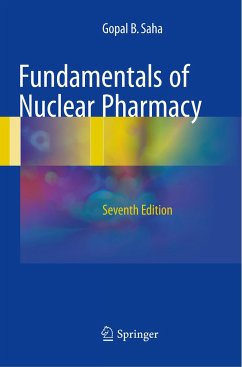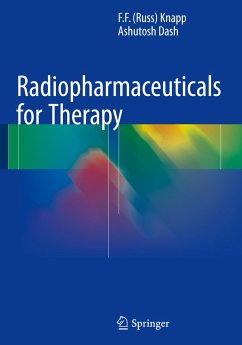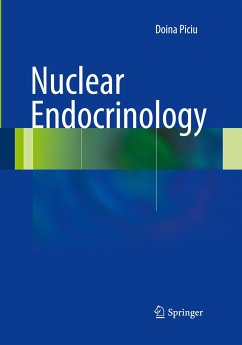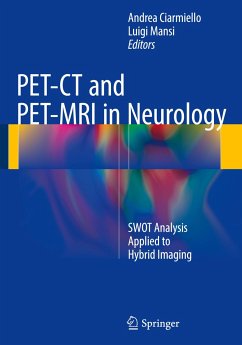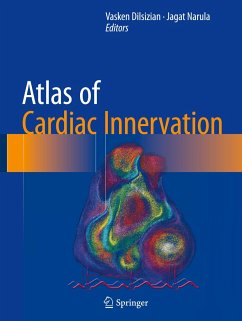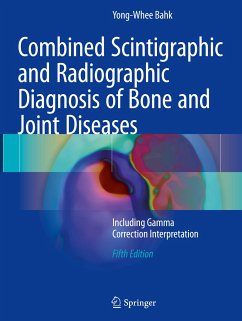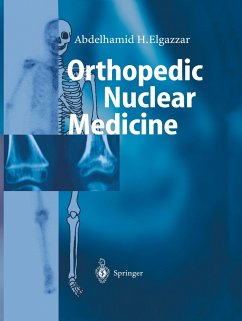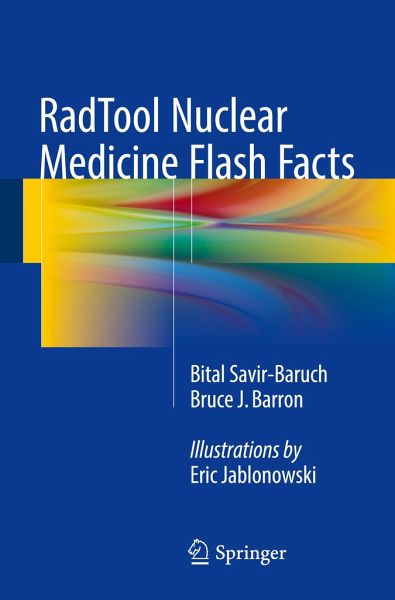
RadTool Nuclear Medicine Flash Facts

PAYBACK Punkte
34 °P sammeln!
This book is a learning aid and reference tool that provides all the important information pertaining to radioactive tracers within a single, easy-to-read volume. It introduces a new learning methodology that will help the reader to recall key facts on each tracer, including production, physical and chemical characteristics, study protocols, mechanism of action, distribution, and clearance. In addition, normal and abnormal tracer distributions are graphically reproduced on an outline of the human body using multiple colors. The book will be of value for all radiologists and medical students se...
This book is a learning aid and reference tool that provides all the important information pertaining to radioactive tracers within a single, easy-to-read volume. It introduces a new learning methodology that will help the reader to recall key facts on each tracer, including production, physical and chemical characteristics, study protocols, mechanism of action, distribution, and clearance. In addition, normal and abnormal tracer distributions are graphically reproduced on an outline of the human body using multiple colors. The book will be of value for all radiologists and medical students seeking a reliable source of essential information on radioactive tracers that can be readily consulted during everyday practice and used in preparation for examinations.



